Data Analyst Course After 12th: An Ultimate Guide for Learners
4.9 out of 5 based on 15880 votesLast updated on 30th Jan 2024 9.81K Views
- Bookmark

Unlock insights with a Data Analyst course after 12th. Master analytics, statistics, and tools for a data-driven career. Your gateway to a world of possibilities!
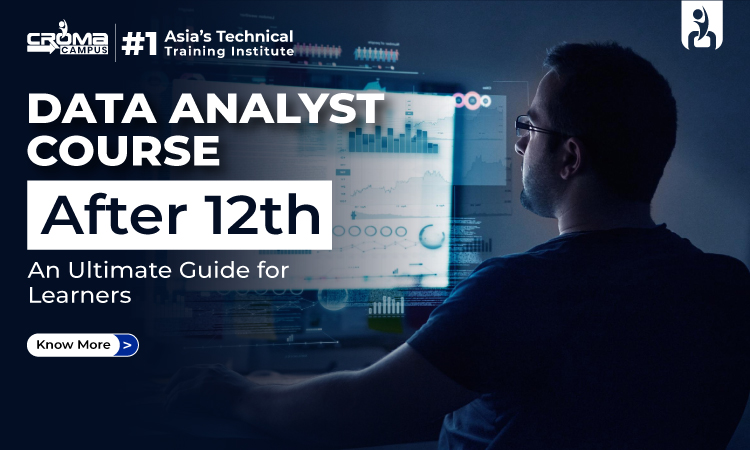
This blog will take you through online data analyst courses after the 12th and why Croma Campus is an ideal choice to meet your career goals.
- Overview
- Requirements to Join Data Analyst Course After 12th:
- Steps to become a data analyst after the 12th
- Online Data Analyst Courses after the 12th
- Why choose data analyst courses after the 12th
- Choose Croma Campus for Data analyst courses after 12th
- Summary
Overview:
Wondering if you could register for a Data Analytics Course Online even after the 12th. If yes, this guide is for you.
Students can learn how to gather, handle, and evaluate large data by enrolling in a data analyst course following their 12th grade. It covers programming with tools like Excel, R, and Python, as well as statistics and data visualization.
In addition, students study data governance, management, and the usage of technologies for data visualization like Tableau and Power BI. Students are prepared for a successful career in data analysis across numerous industries through the course's practical assignments.
Requirements to Join Data Analyst Course After 12th:
- Begin with a Bachelor's Degree: Start by pursuing a Bachelor's degree in a relevant field like Computer Science, Mathematics, Statistics, or Economics. This educational foundation will provide essential concepts and tools for working with data.
- Acquire Necessary Skills: Develop a combination of technical and analytical skills. Focus on learning programming languages such as R, Python, and SQL, along with mastering statistical analysis and data visualization tools during your Bachelor's degree.
- Gain Hands-On Experience: To excel as a data analyst, practical experience with data is crucial. Seek opportunities for internships, volunteering, or personal projects to enhance your hands-on skills.
- Obtain Certifications: Consider obtaining certifications for data analysts, like the Certified Data Analyst (CDA) from the Institute for Certification of Computer Professionals (ICCP) or the Data Analyst Certification (DAC) from the International Institute of Business Analysis (IIBA).
- Build a Portfolio: Showcase your skills and experience through a comprehensive portfolio. Include samples of data analysis projects, visualizations, and presentations to demonstrate your capabilities to potential employers.
- Network and Seek Opportunities: Connect with professionals in the field through networking. Attend career fairs, job fairs, and networking events to explore job opportunities in data analysis.
- Continuous Learning: The field of data analysis is dynamic. Stay updated by continuously learning and upgrading your skills. Engage in online courses, attend conferences, and work on personal projects to stay abreast of industry developments.
Data Analytics helps businesses make data-driven decisions, improving efficiency and profitability. Enrolling in Data Analytics Courses Noida equips you with essential skills in data visualization, machine learning, and statistical analysis for career growth.
Become a Data Analyst After 12th: Exploring different ways
- Bachelor's Degree in Data Science or Analytics: A four-year program covering data analysis, statistics, and programming fundamentals, including hands-on projects.
- Master's Degree in Data Science or Analytics: A two-year program extending the knowledge gained in a bachelor's degree, focusing on advanced areas like machine learning, data visualization, and big data analysis.
- Online Data Analyst Courses: Explore various online platforms like Croma Campus, Coursera, Udemy, and edX offering data analyst courses. These courses, varying in duration and content, allow flexible self-paced completion.
- Bootcamps: Always opt for data analyst boot camps – short, intensive programs emphasizing practical skills and hands-on experience. Ideal for those seeking a quick entry into the data analysis field.
- Self-Study: Leverage the plethora of free online resources for independent learning. Websites such as Khan Academy, Codecademy, and DataCamp offer tutorials and exercises, enabling students to acquire the essential skills for a career in data analysis.
You May Also Read: Role Of Data Analysts in an Organization
Note: Are you seeking a Data Engineer Course With Placement? Visit Croma Campus and elevate your skills today.
Online Data Analyst Course after the 12th:
Online data analyst courses after the 12th teach skills for analyzing data using various tools. Designed for post-12th students, these programs cover topics like data visualization, statistics, and programming languages (Python, R).
Students learn to collect, organize, and analyze data, gaining practical experience through hands-on projects. The courses, available on platforms like universities and online platforms, prepare students for data analysis careers in industries like finance and healthcare.
Certain online data analyst courses offer internships or job placement aid to assist students in securing employment after completing the program. In essence, post-12th data analyst online courses equip students with skills and knowledge, paving the way for success in data analysis careers across diverse industries.
Note: Power BI is a powerful business intelligence tool for data visualization, analysis, and reporting. Enrolling in a Power BI Course in Noida helps professionals master dashboards, DAX, and real-time analytics.
Why Choose a Data Analyst Course After the 12th?
- Abundant Career Opportunities: Data analysis boasts high demand across various industries like finance, healthcare, marketing, and more, offering diverse job prospects.
- Lucrative Earning Potential: Data analysts are among the top earners in data science and analytics, with an average annual salary reaching around $70,000.
- Flexible Learning: Online courses provide flexibility in terms of scheduling and location, facilitating a convenient balance between work and study.
- Diverse Topics Covered: The expansive field of data analysis encompasses various topics, such as data visualization, machine learning, and big data, which online courses comprehensively cover.
- Hands-On Learning: Online courses typically incorporate hands-on experiences through projects and assignments, imparting practical skills applicable to real-world scenarios.
- Access to Latest Tools: Given the rapid evolution of data analysis, online courses offer access to the latest tools and technologies employed in the industry.
- Networking Opportunities: Online courses create chances to connect with fellow students, instructors, and industry professionals, fostering valuable networking and professional connections.
Note: Power BI is a powerful business intelligence tool for data visualization and analytics. Enrolling in a Power BI Course with Placement ensures hands-on training and career opportunities in data-driven industries.
You May Also Read:
Data Science Interview Questions And Answers
Learn In The Data Analytics Course
Data Analyst With No Experience
Data Visualization With Tableau
Choose Croma Campus for Your Data Analyst Course After 12th:
- Comprehensive Curriculum: Croma Campus offers a well-structured curriculum covering essential aspects like data visualization, statistical analysis, and programming languages such as Python and R.
- Hands-On Learning: The courses at Croma Campus emphasize hands-on experience through projects and case studies, ensuring the practical application of knowledge.
- Industry-Relevant Skills: Croma Campus focuses on imparting skills that align with industry requirements, giving students a competitive edge in the job market.
- Experienced Instructors: Benefit from learning under the guidance of experienced instructors who bring real-world insights to the classroom.
- Placement Assistance: Croma Campus assists in internships and job placements, helping students transition seamlessly from education to employment.
- Flexible Learning Options: With Croma Campus, enjoy the flexibility of online learning, allowing you to manage your studies alongside other commitments.
- Positive Alumni Feedback: Explore success stories from Croma Campus alumni who have excelled in their careers post-completion of data analyst courses.
Relevant Online Courses:
Advanced Python Programming Course
Full Stack Data Science Course
Python Course for Data Science
Machine Learning Online Classes
Conclusion:
After exploring diverse data analyst courses post-12th, it is evident that students have a plethora of options. These range from diploma and degree programs in fields like computer science and statistics to online, self-paced courses.
Thorough research and comparison of available Data Analytics Certification programs help students choose the most suitable one aligned with their interests and career aspirations. Overall, the growing demand for skilled data professionals makes data analysis a promising career path for students after 12th.
Subscribe For Free Demo
Free Demo for Corporate & Online Trainings.
Your email address will not be published. Required fields are marked *
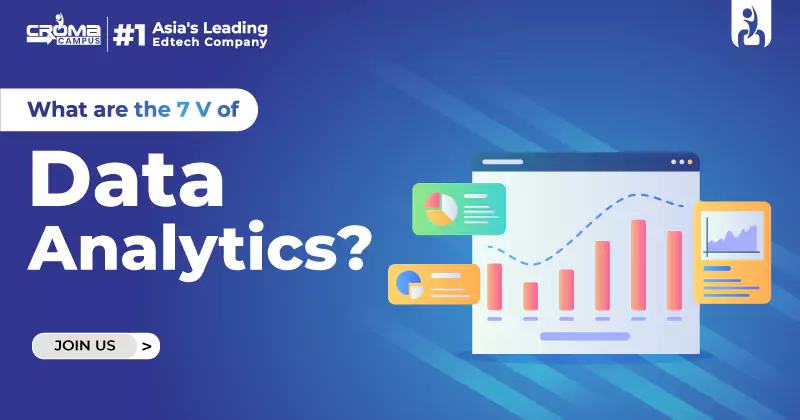
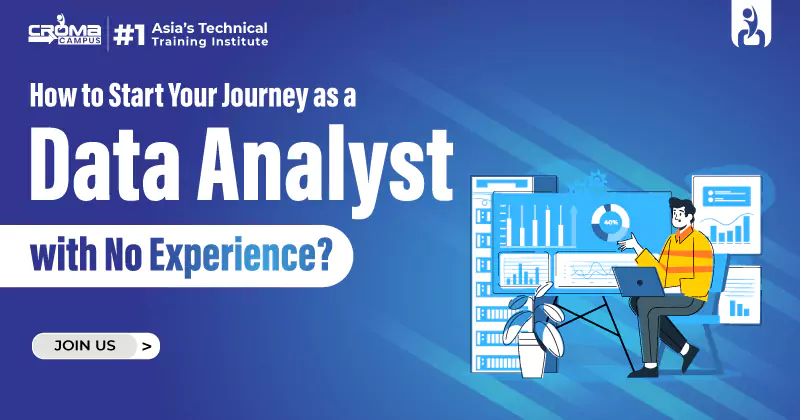
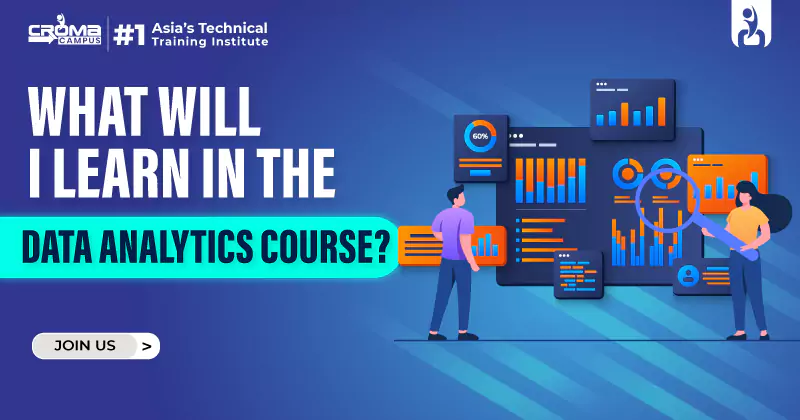
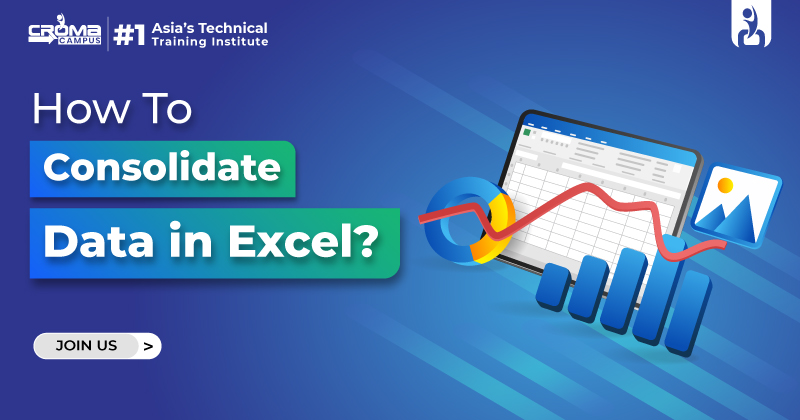
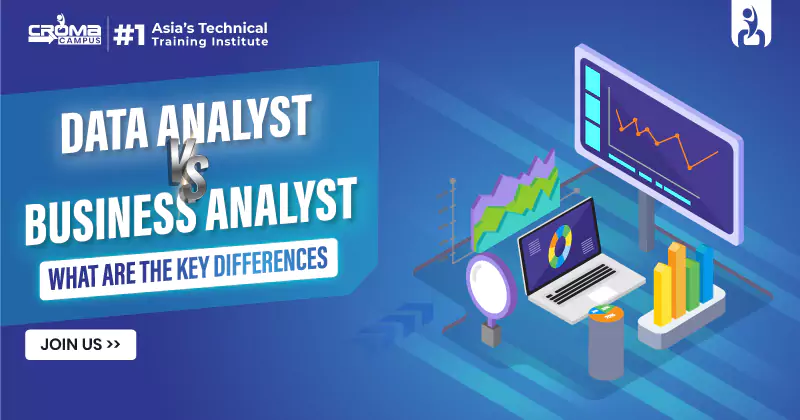
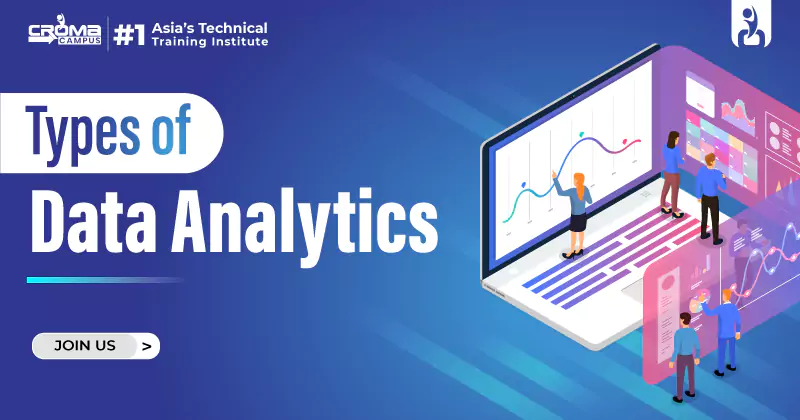
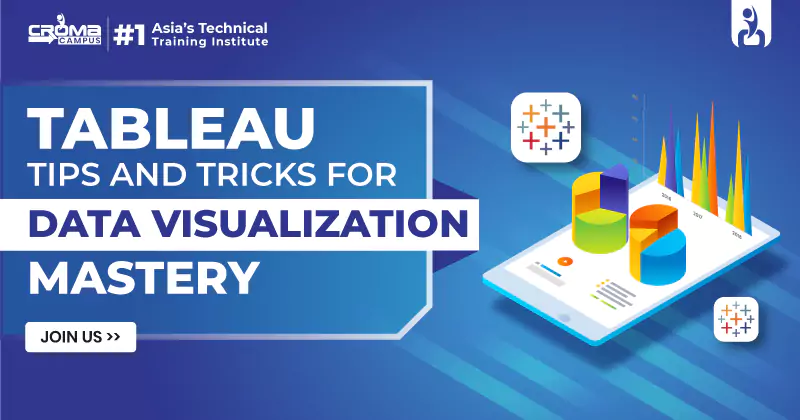
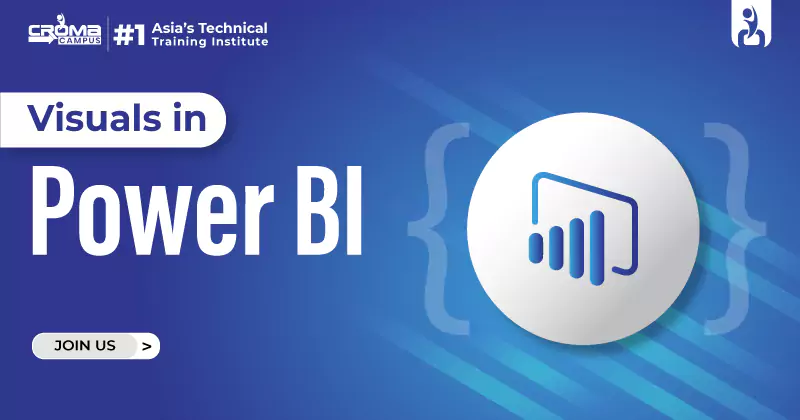
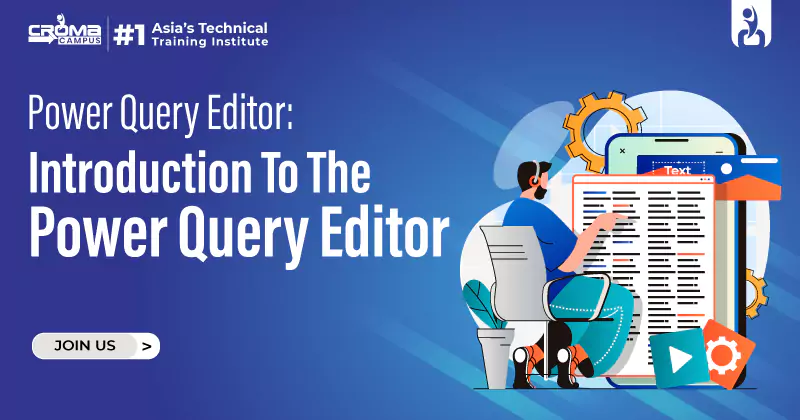
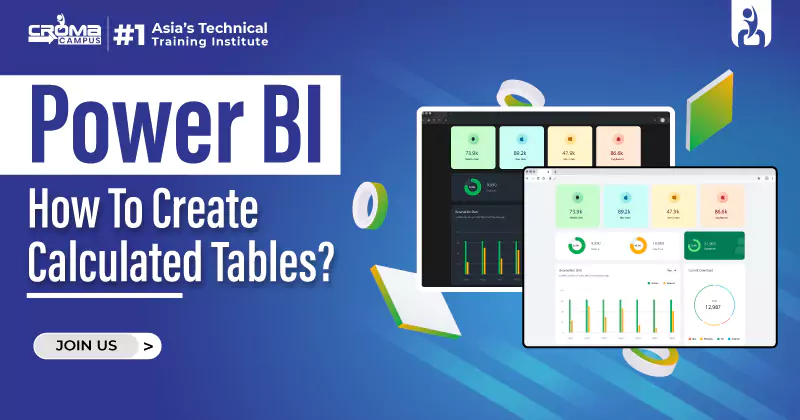
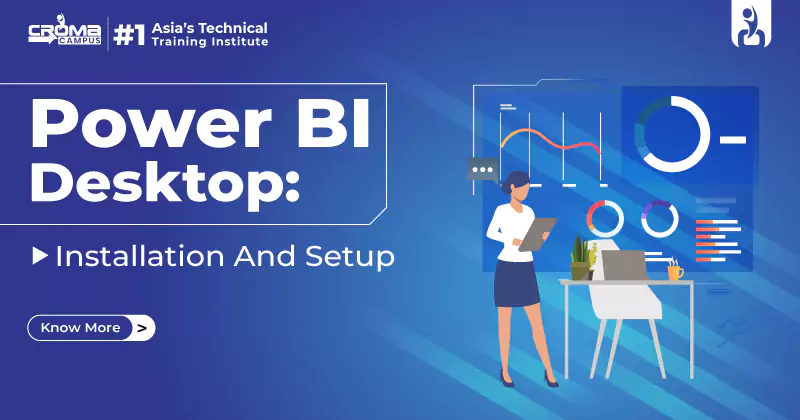
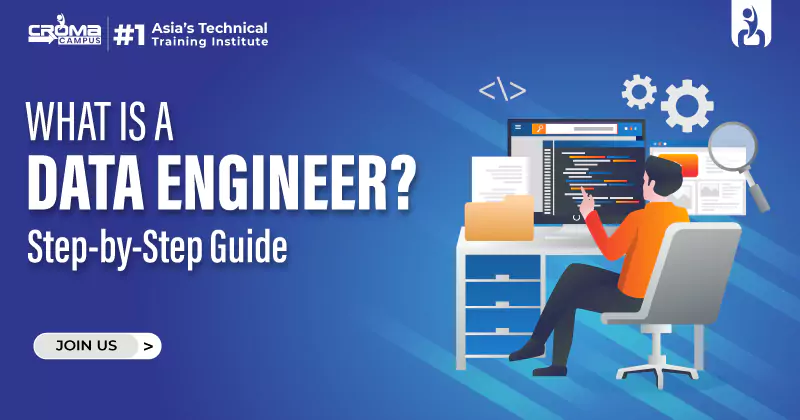









 Master in Cloud Computing Training
Master in Cloud Computing Training